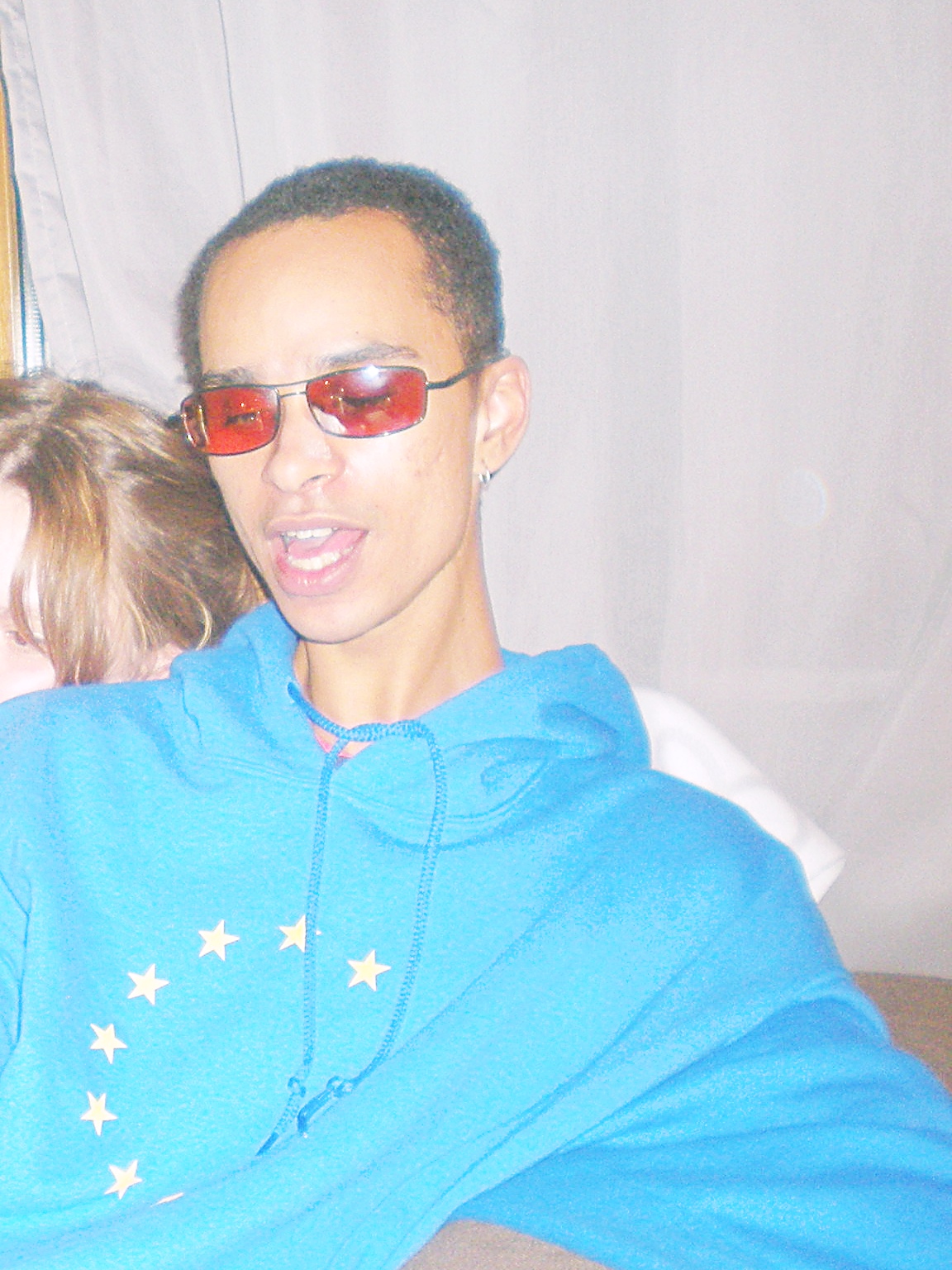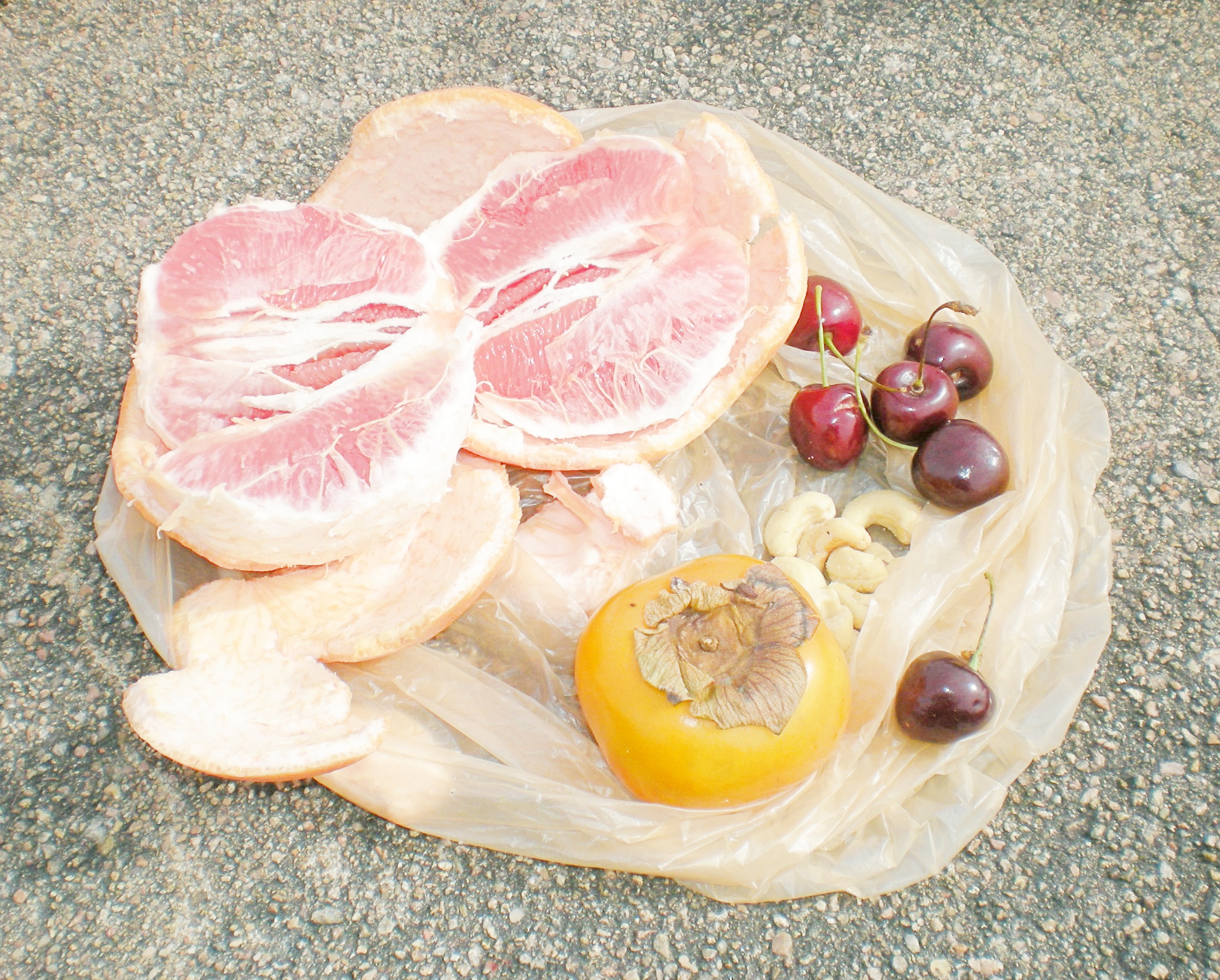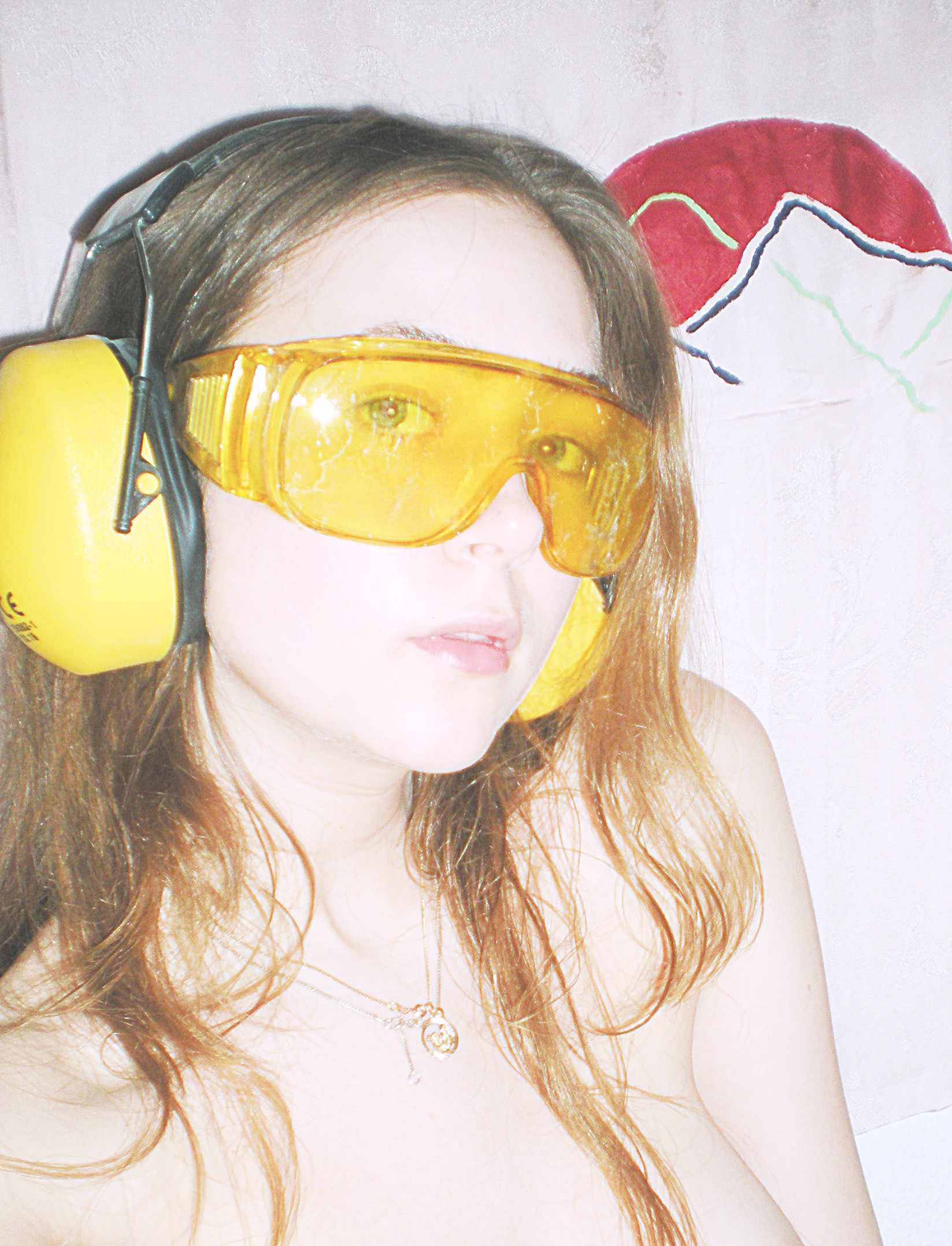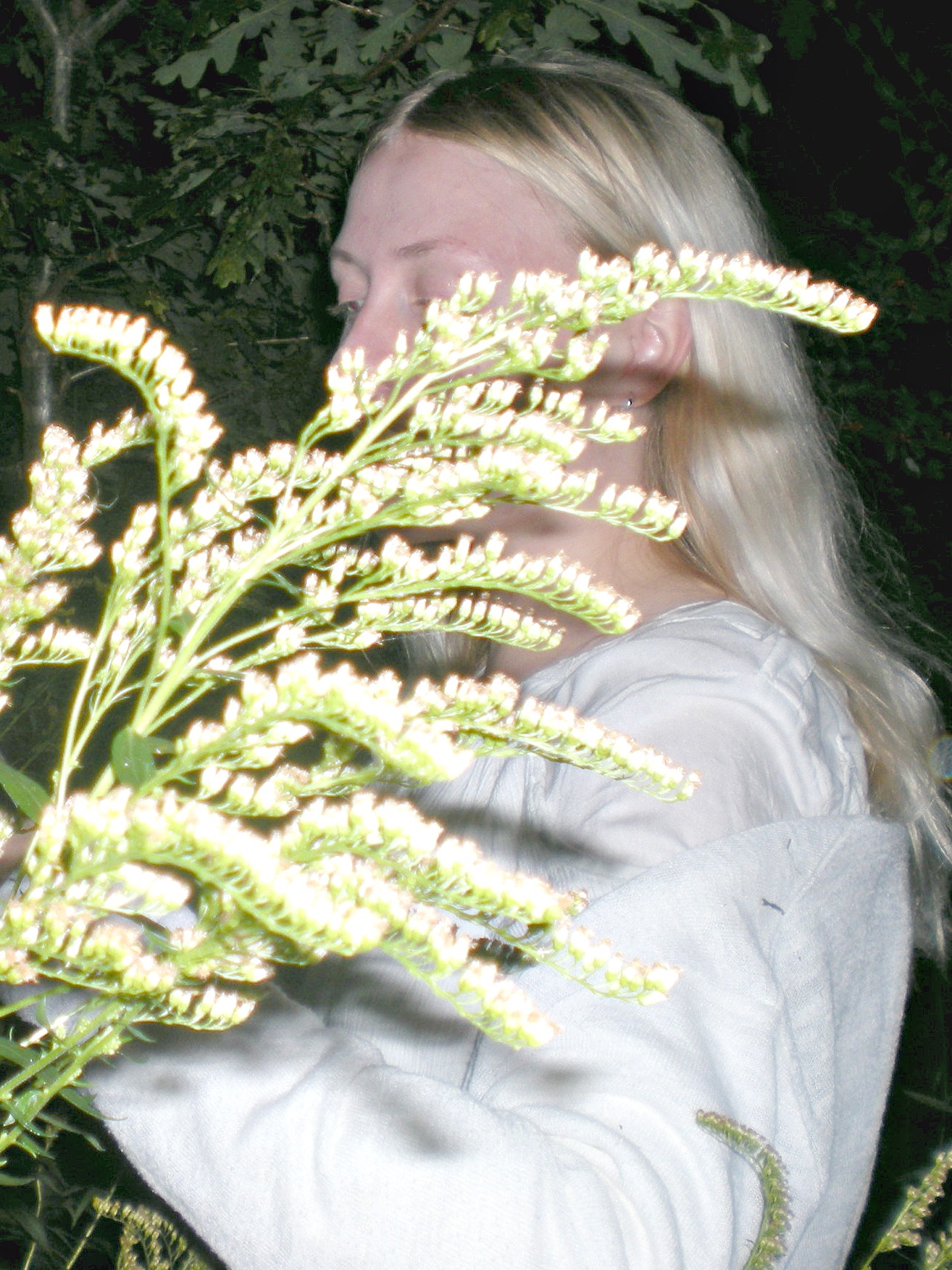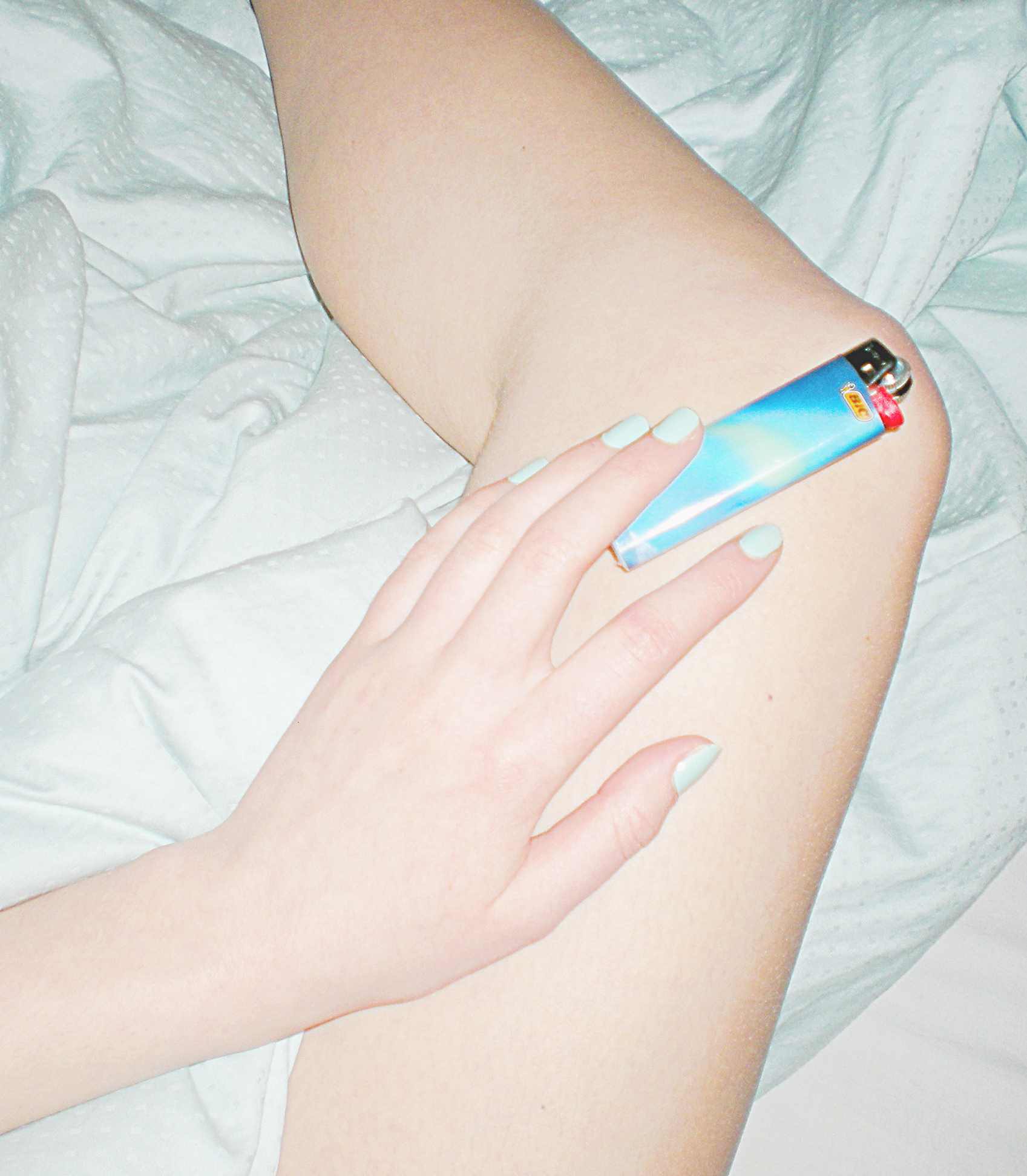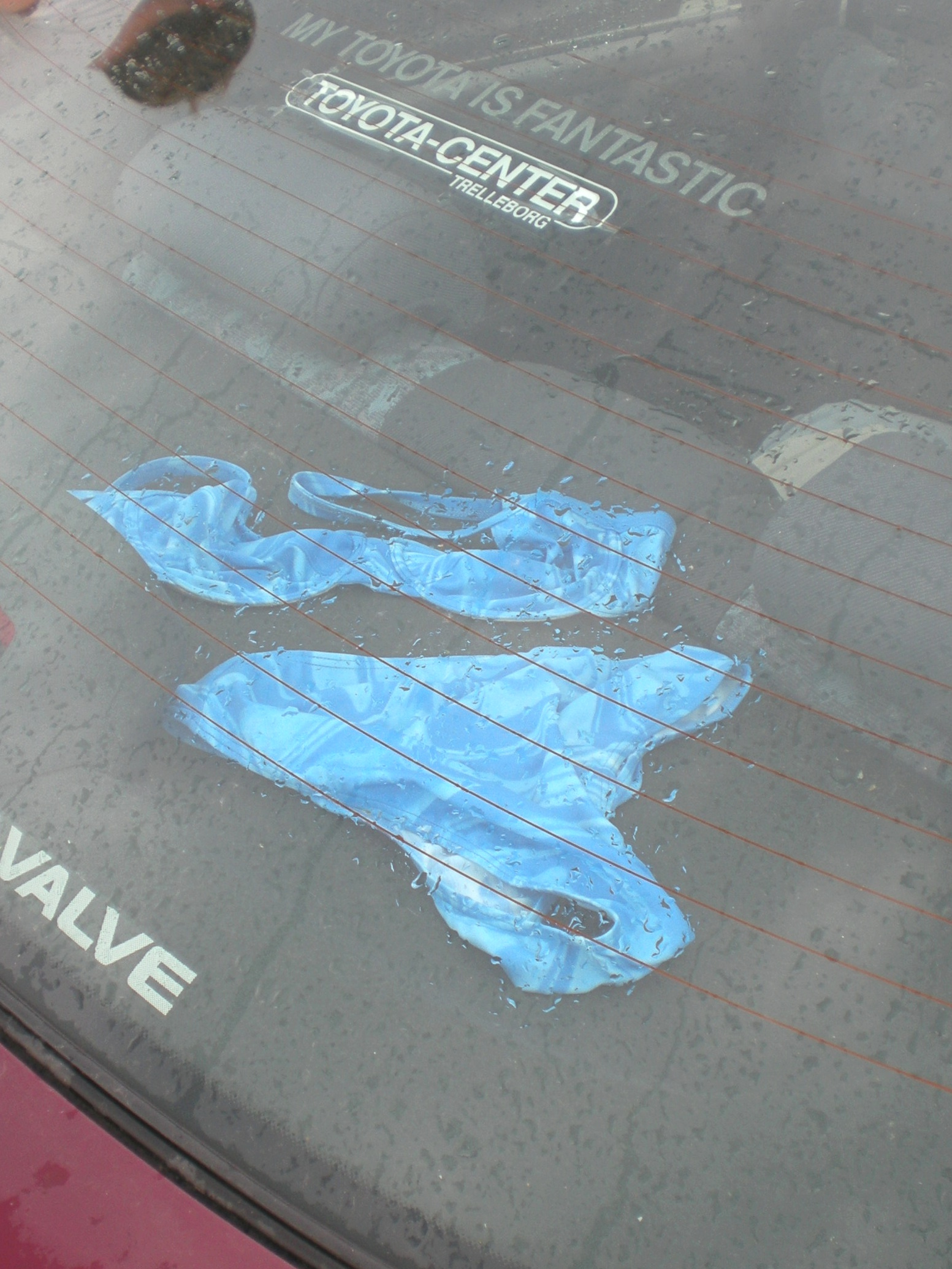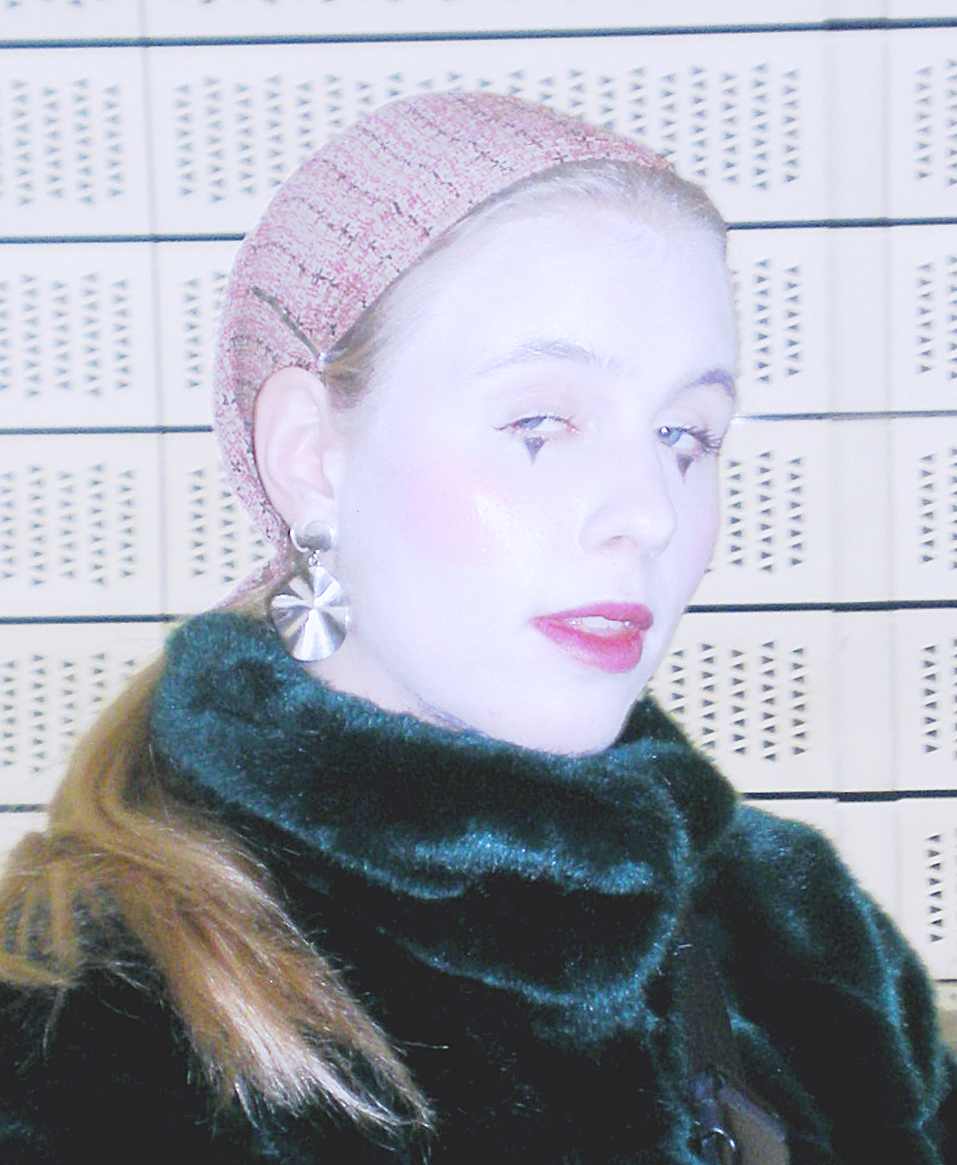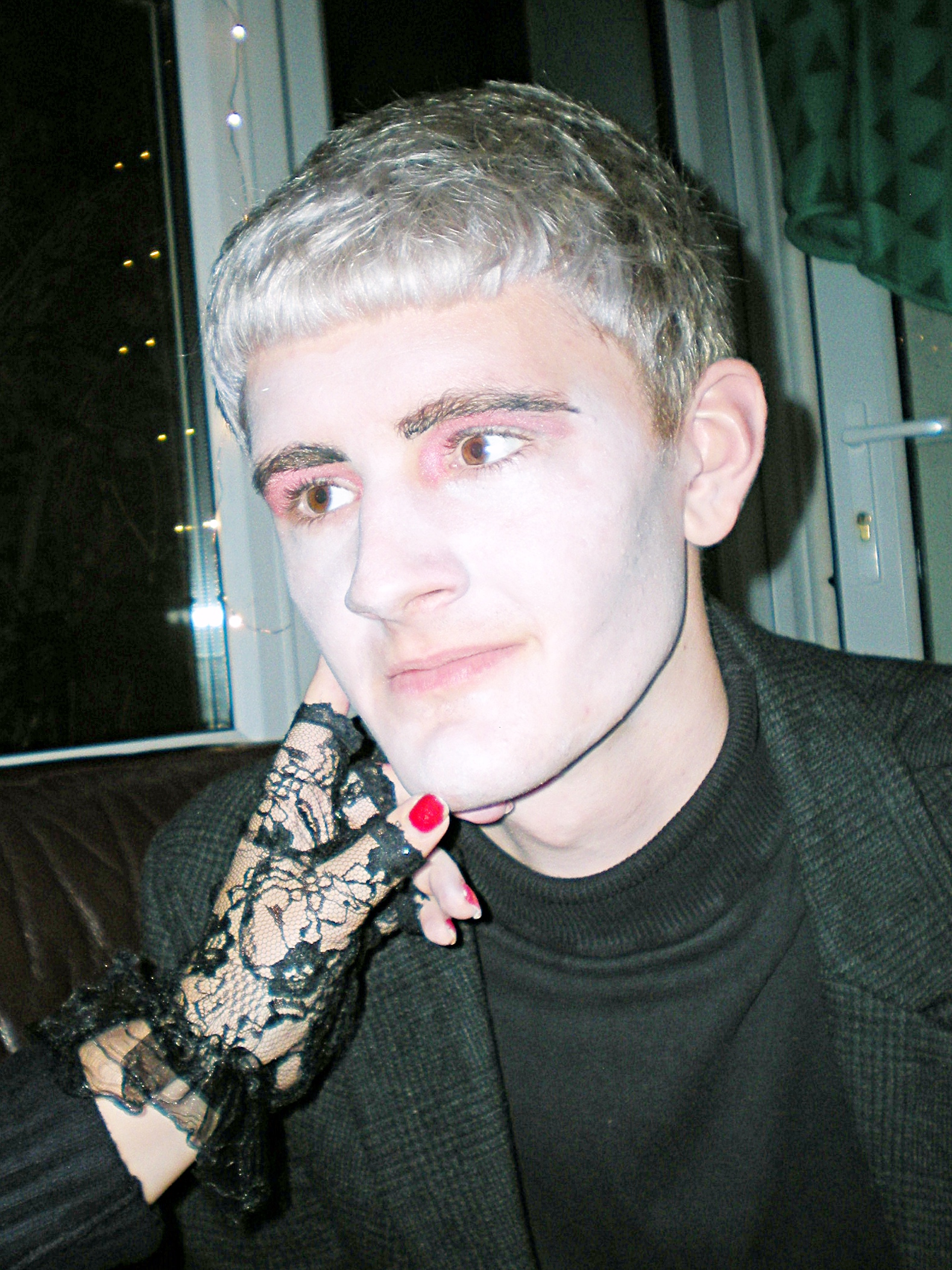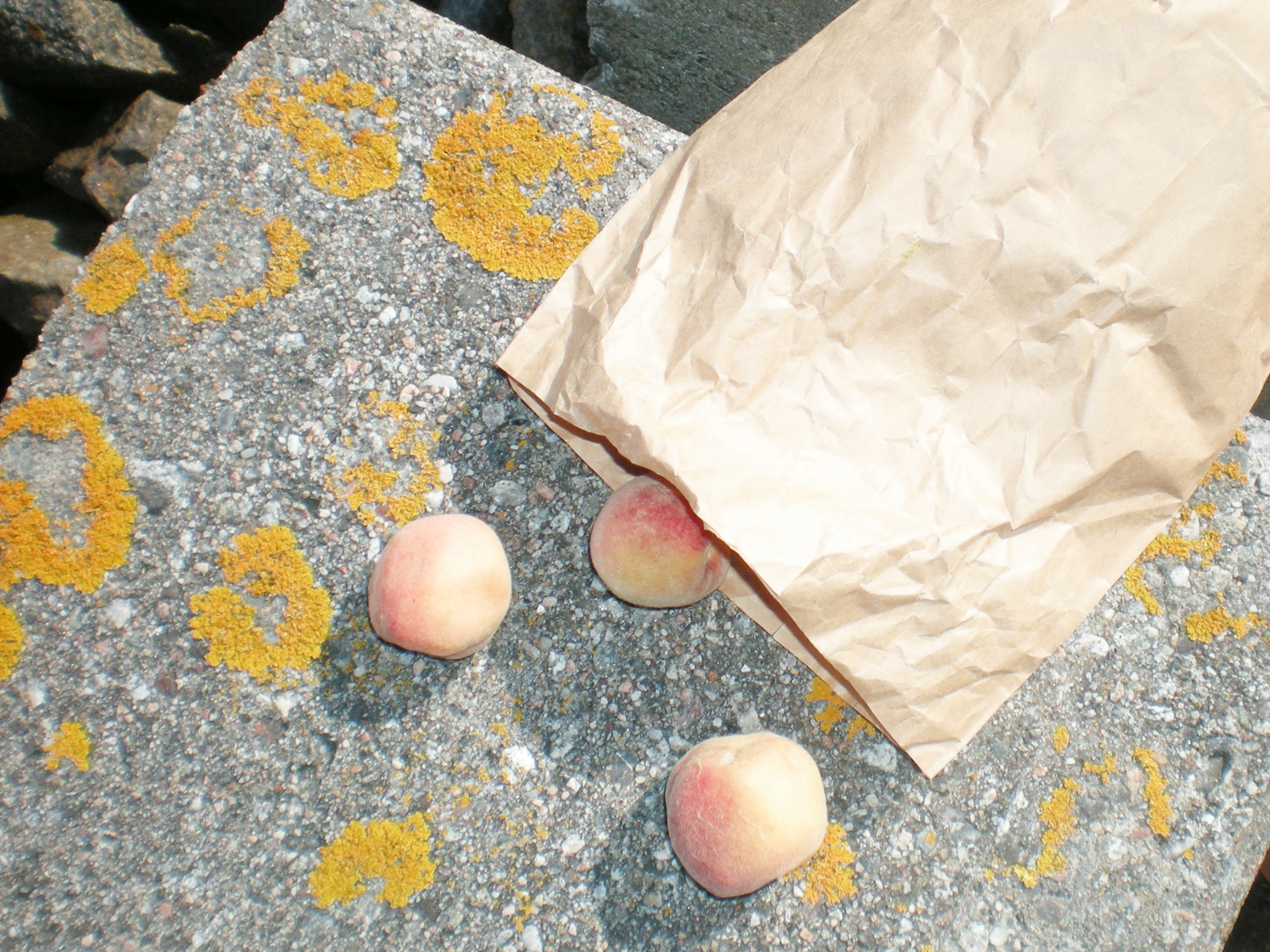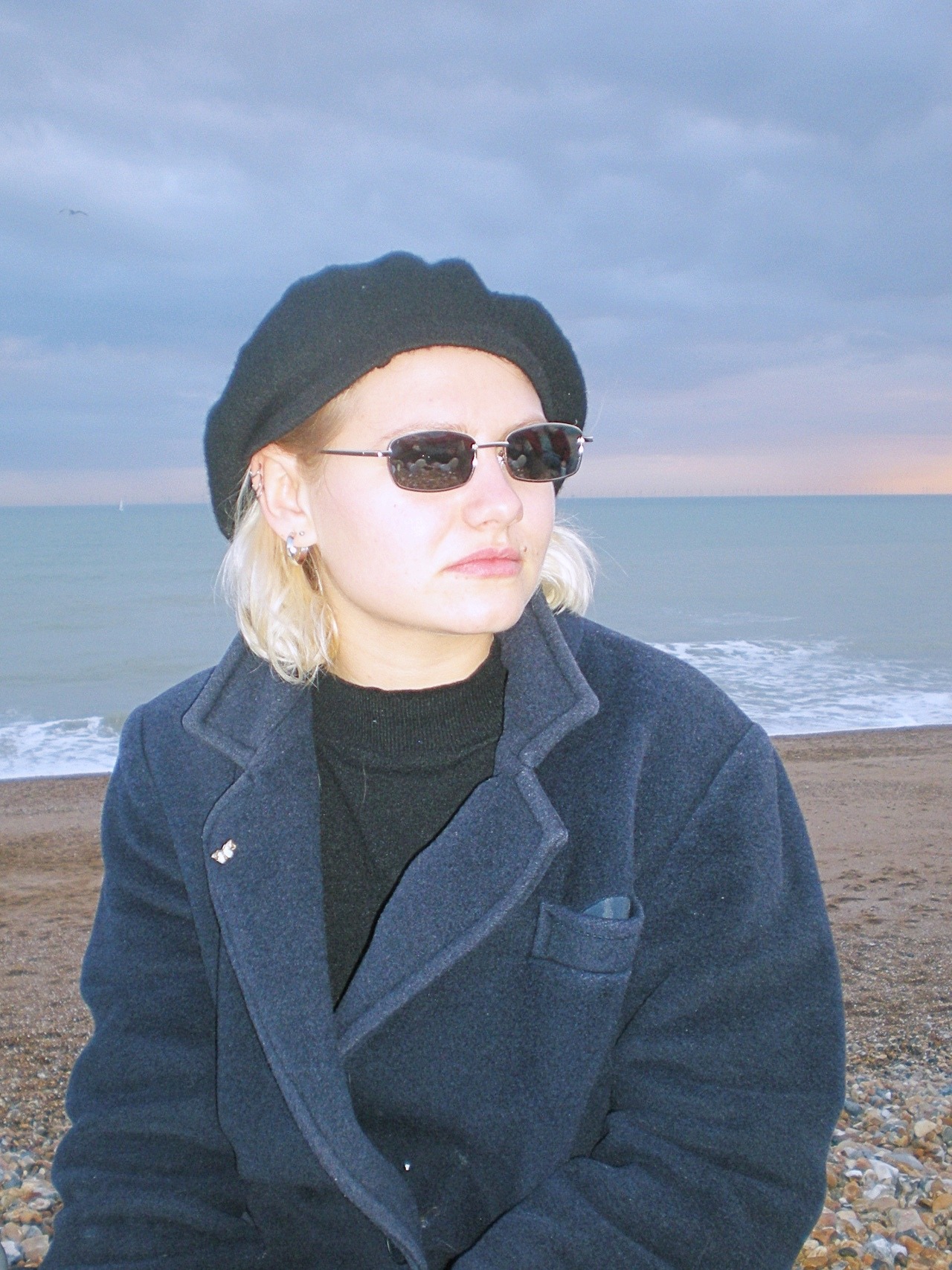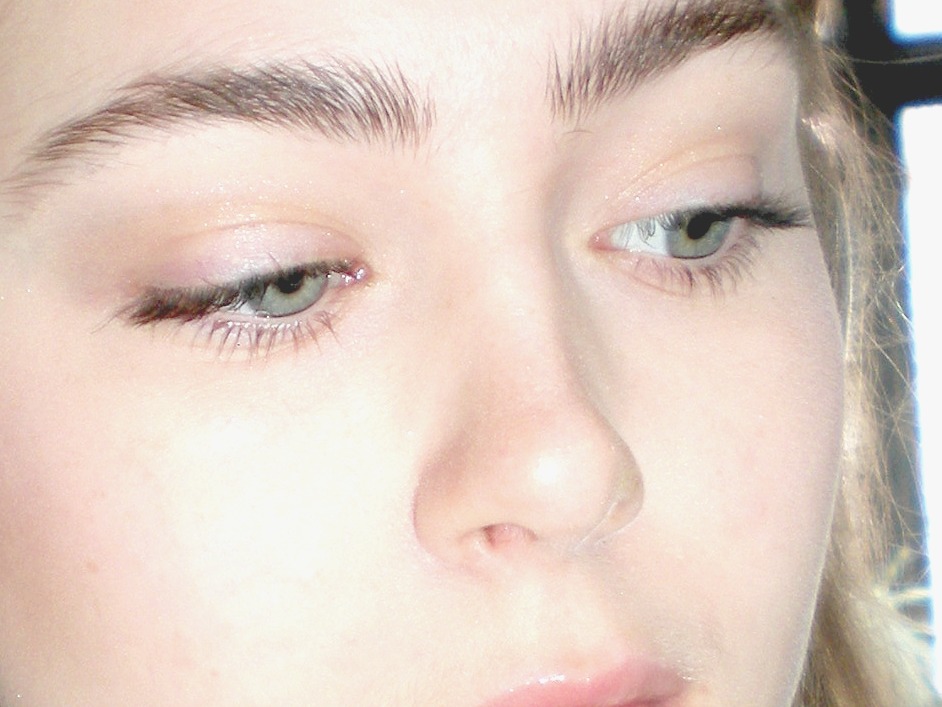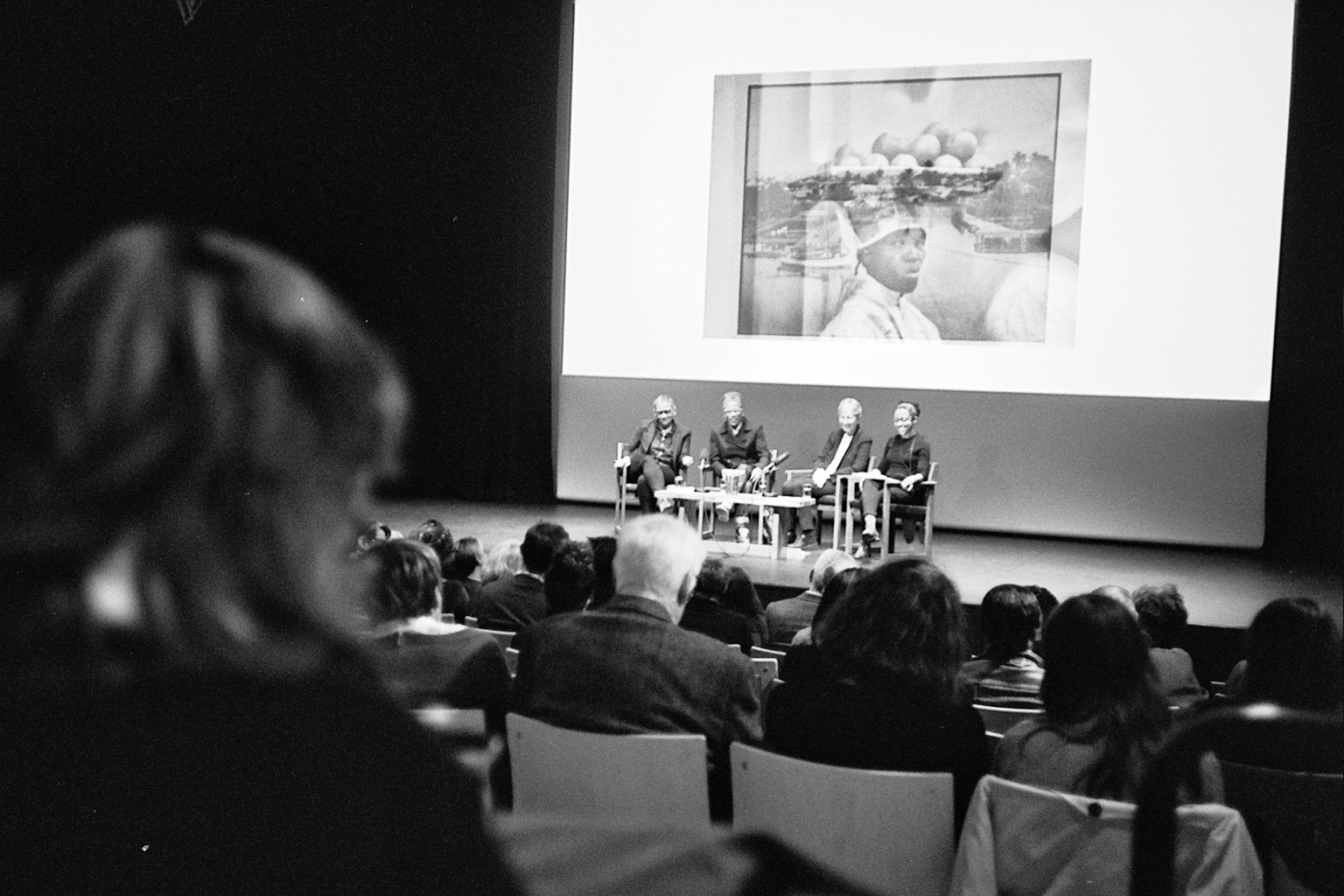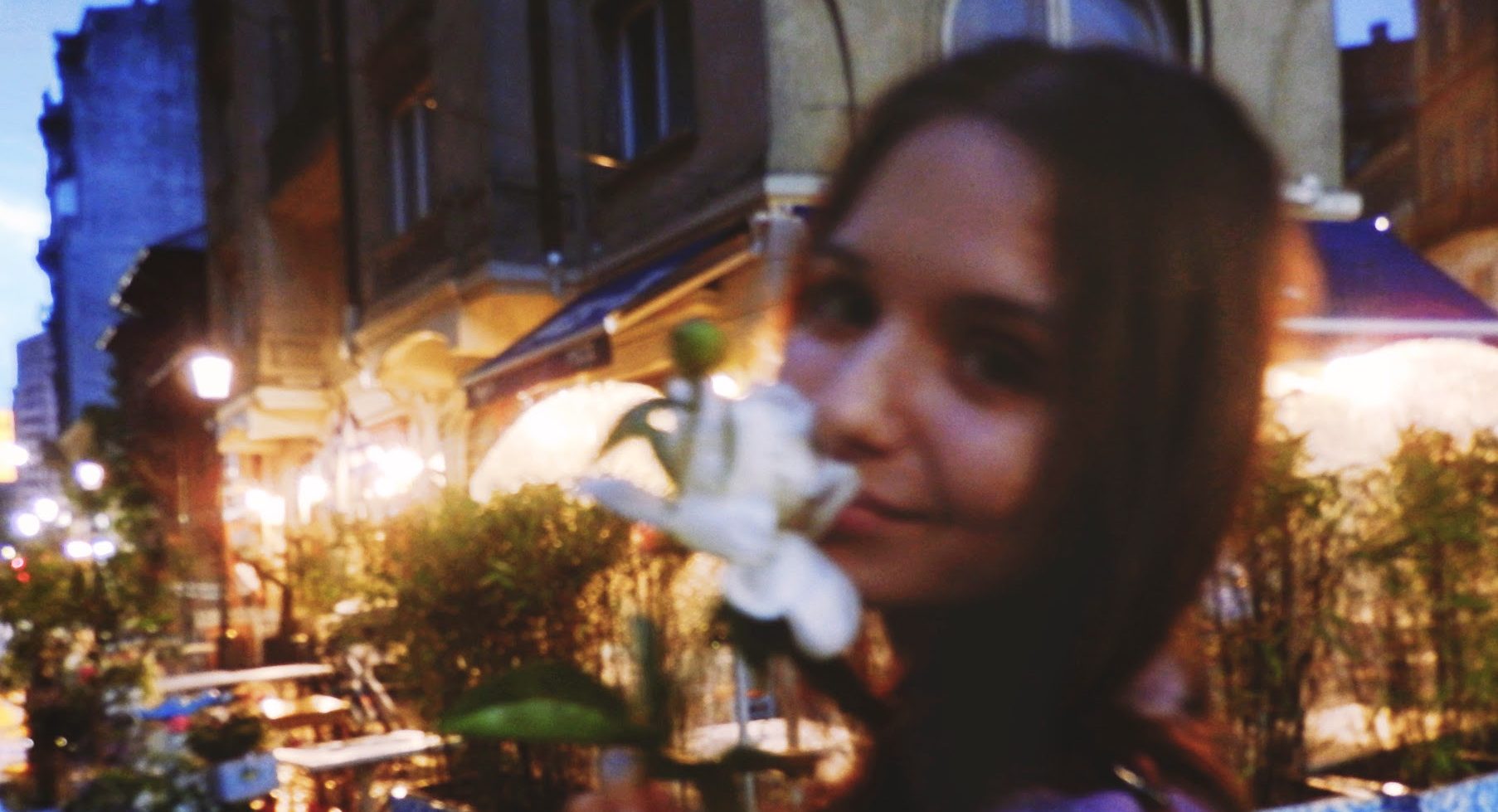Ebba Davidsson is a photographer. She is an art historian and a gallery educator based in Sweden. Davidsson studied art history for a year at Sussex, living in Brighton as a study abroad student. Her photography is aesthetic and instinctive, capturing intimate and personal stories in the moment.
Tell me about yourself.
I’m currently living in Malmö, in the most southern county of Sweden, where I work as an educator at a gallery and sculpture park. I’m also a founding member of a newborn art collective called Bricolage. We make space for local creatives and focus on multi-media events where different art forms work together. Our first night is an immersive club-goes-interactive-installation experience where we’ve worked together with dancers and performance artists. It’s exciting. As a person, I’d say I’m quite curious. About pretty much everything; how and why it is. That’s probably why I went to study art history. It’s a world that never stops reinventing- and reflecting upon itself. That never seizes to surprise me. I love eating and drinking well, music, beautiful things, feeling close to people and nature. And I’m always worried.
Do you prefer digital photography to film photography?
For me it’s not about digital versus film; I never reach for my nicer, more professional digital camera anymore but I’ll do disposable film cameras. It’s about how I shoot, which I’d say is a pretty straightforward framing process. Seeing a potential pic – shapes, textures, colours, moments of bliss – I rather compose the physical objects, or move around myself, than elaborate with camera settings. I’m not a skilled editor either. It’s all very instinctive and in the moment. I know this one setting and that one hard flash that doesn’t allow for the existing light to dictate too much. This works perfectly with how my eye tends to go more for sensory qualities in materials and colour schemes, and less with atmospheric light or movement.
Your photographs seem to capture everyday ‘real’ moments. Why is this?
Because of that very directness, the motifs are rarely staged but made up of what I’m drawn to that particular day. In that way, it does have that kind of journal-esque quality we all know from being a kid on vacation and pointing your camera at otherwise seemingly mundane things that appears really special and unique in the moment. Although I’m looking at the world quite surface-based and aesthetically sterile, there’s a lot of love invested in capturing it. It’s organised as a still life but driven by intimacy and personal stories, even if it’s not these themselves that are depicted. The portraits are almost always shot in social or busy environments in which the subjects and their expressions are but details. However, I’m not looking for the big picture.
What inspires you? Are you influenced by any particular artists?
I’m a child of Post-modernism, and of art history. Searching for simply decorative and real all at once I probably end up copying a lot of artists though not consciously influenced. Really focusing on a singular object and materiality itself works as a little bit of a relief from contextuality though. Being in that attentive state, the visual world inspires me by its own means.
Would you say you are more drawn to natural or man-made forms?
Natural forms, generally, as they represent the coexistence of abundance and simplicity to me. Looking at my pictures you might want to say otherwise, but I still think things like optical tactility and appeal of certain visual sensations derives from a very essential natural place. I love finding the elements, curves, and softness of nature in everyday city-bound life.
Are there any particular messages you hope viewers take from your photography?
Honestly, no. I do hope viewers think they’re decorative and sweet, and that they inspire to look at the material world in a more poetic way. You can love and look for beauty around you without having to own or buy it. My photography and end result is one thing, an observant, curious and romantic perspective is another. As a true art historian, I believe in the power of images and the potency of their messages. However, I– being an eye, an outlook on my immediate surroundings – often feel overpowered by the technicalities of my camera (the flash is painfully slow). And that’s OK. The pictures are just telling you something is there. You could find it for yourselves.
How much do the people you photograph influence your photography if at all?
I think certain environments, moods, and people put me more easily in a state where I live more through my eyes. I really like being in it, so I guess in the long run those are the same people that end up being my friends. They make me feel creatively at ease. Portraying someone I’m not somehow in love with wouldn’t be as fun. I’ve never asked somebody to model for me if not just spontaneously for a good minute or two in that romantic visual state that gives good pictures.
What are your thoughts on photography as an art form in the digital age?
As we mainly look at reproductions of art on a tiny screen, artworks and photography that works in that format are bound to be favored and shared the most. With social media being a big part of marketing exhibitions as well, “what looks good on Instagram?” is surely a question museum and galleries ask themselves when planning shows.
On a more general note, photography being a documentary medium has some social implications which are being exaggerated by the way we consume visual media today. With Instagram and the way personal accounts work, some of these aspects become especially clear. Photography always suggests the presence of a photographer in the captured moment, but on Instagram you look at pictures of random things seeing instead the accountholder itself. And there is something to be said about how you might get your news, your comedy your art and your social interaction all through this one platform which is primarily visual.
Personally, getting validation and positive comments on Instagram has been a great motivation to take more pictures. Confidence is key when exploring your practice. However, knowing how strongly your photos are associated with your private self, it’s easy to put a judging filter on creative impulses.
What was your experience of your time at Sussex and living in Brighton?
It was so much more than I could ever ask from a year abroad. I was afraid I was going to get stuck in an Erasmus bubble, which I’m sure is a lot of fun too, but all the Brighton based friends I made are not going anywhere – I’ve got a second home now! I know Brits don’t really see themselves that way, but I found Brighton and Sussex very friendly and open. I miss it every day.
Where do you want to take your photography in the future?
Reading this feature, I get the feeling I should get a Polaroid camera and get off Instagram.
Instagram: @tiny_bro Words: Louisa Hunt

